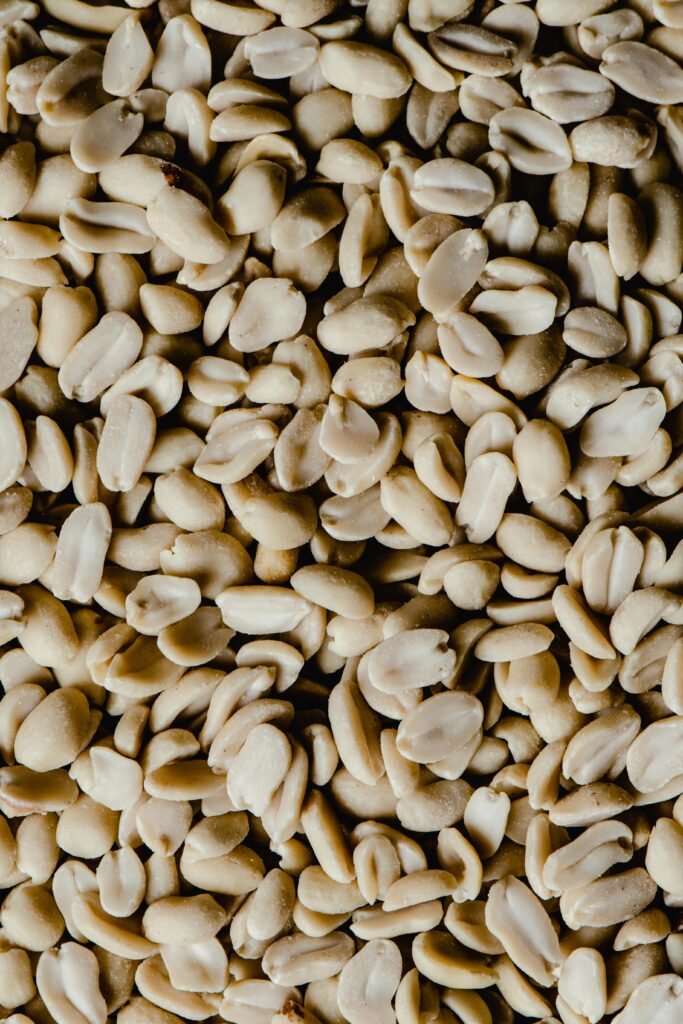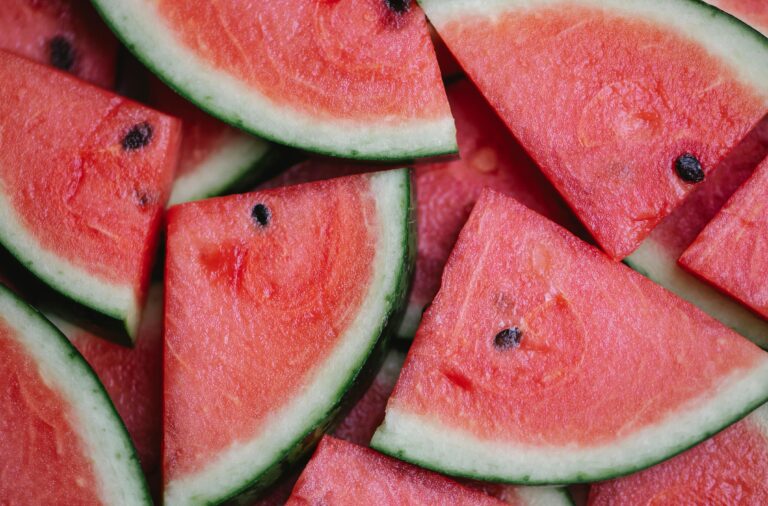Health Benefits of Peanuts

Health Benefits of Peanuts
Peanuts, also known as groundnuts, are among the most popular and widely consumed legumes in the world. Though often considered a nut, peanuts actually belong to the legume family, closely related to beans and lentils. They are rich in essential nutrients, protein, and healthy fats, making them a nutritious and satisfying snack. In this article, we will explore the top health benefits of peanuts in about 700 words.
- Rich Source of Protein
Peanuts are an excellent plant-based source of protein, which is essential for muscle repair, growth, and overall body maintenance. A 100-gram serving of peanuts provides about 25 grams of protein, making it an ideal food for vegetarians, athletes, and anyone looking to boost their protein intake. - Heart Health Support
Peanuts are heart-friendly due to their high content of monounsaturated and polyunsaturated fats, particularly oleic acid, which helps lower bad LDL cholesterol and raise good HDL cholesterol. Regular consumption of peanuts has been linked to a reduced risk of heart disease. They also contain resveratrol, an antioxidant that may reduce inflammation and protect the cardiovascular system. - Packed with Vitamins and Minerals
Peanuts are a rich source of essential nutrients, including:
Vitamin E – a powerful antioxidant that protects cells from damage.
B-complex vitamins like niacin, folate, and thiamine – essential for brain function and energy production.
Magnesium – supports bone health, nerve function, and muscle relaxation.
Phosphorus and zinc – important for metabolic health and immune function.
These nutrients make peanuts a powerful addition to a balanced diet.
- May Help with Weight Management
Though high in calories, peanuts can actually aid in weight management. They are filling due to their high content of protein, fat, and fiber, which promote satiety and reduce hunger cravings. Eating peanuts as part of a healthy diet may help control appetite and prevent overeating, potentially supporting weight loss or weight maintenance. - Good for Brain Health
Peanuts are often called “brain food” because they contain niacin and resveratrol, which support brain function and may help protect against age-related cognitive decline. The healthy fats in peanuts also support brain structure and function. Regular consumption may lower the risk of Alzheimer’s disease and improve memory and concentration. - May Lower Risk of Diabetes
Peanuts have a low glycemic index and are low in carbohydrates, making them suitable for people with diabetes or those at risk. They also contain magnesium, which plays a role in blood sugar control. Studies suggest that eating peanuts may reduce the risk of developing type 2 diabetes by improving insulin sensitivity. - Rich in Antioxidants
Peanuts contain several antioxidants, including resveratrol, p-coumaric acid, and isoflavones, which help combat oxidative stress in the body. These antioxidants play a role in reducing inflammation, protecting against cell damage, and lowering the risk of chronic diseases like cancer and heart disease. - Supports Healthy Skin
Thanks to their vitamin E and healthy fats, peanuts contribute to skin health. Vitamin E protects the skin from damage caused by UV rays and pollution, while fats keep the skin moisturized and soft. Zinc and other minerals in peanuts also support wound healing and prevent skin problems. - May Reduce Risk of Gallstones
Studies have shown that regular consumption of peanuts may reduce the risk of developing gallstones, especially in women. This is due to their cholesterol-lowering effects and high content of healthy fats, which may help maintain a healthy bile composition. - Affordable and Versatile
One of the great things about peanuts is that they are inexpensive, widely available, and can be enjoyed in many forms—roasted, boiled, raw, or as peanut butter. This makes them an accessible source of nutrition for people of all income levels.
How to Include Peanuts in Your Diet
Snack on a handful of roasted peanuts for an energy boost.
Use natural peanut butter on whole-grain bread or in smoothies.
Add chopped peanuts to salads, stir-fries, or oatmeal.
Use peanut flour in baking or cooking for added protein.
Precautions
While peanuts offer many health benefits, some people are allergic to them. Peanut allergy can cause severe reactions and should be taken seriously. Also, eating peanuts in moderation is important because of their high-calorie content.
Conclusion
Peanuts are a nutritious, protein-rich legume with numerous health benefits, from supporting heart and brain health to aiding in weight management and disease prevention. Whether eaten raw, roasted, or as peanut butter, including peanuts in your diet can contribute to a healthier lifestyle when consumed in moderation.




